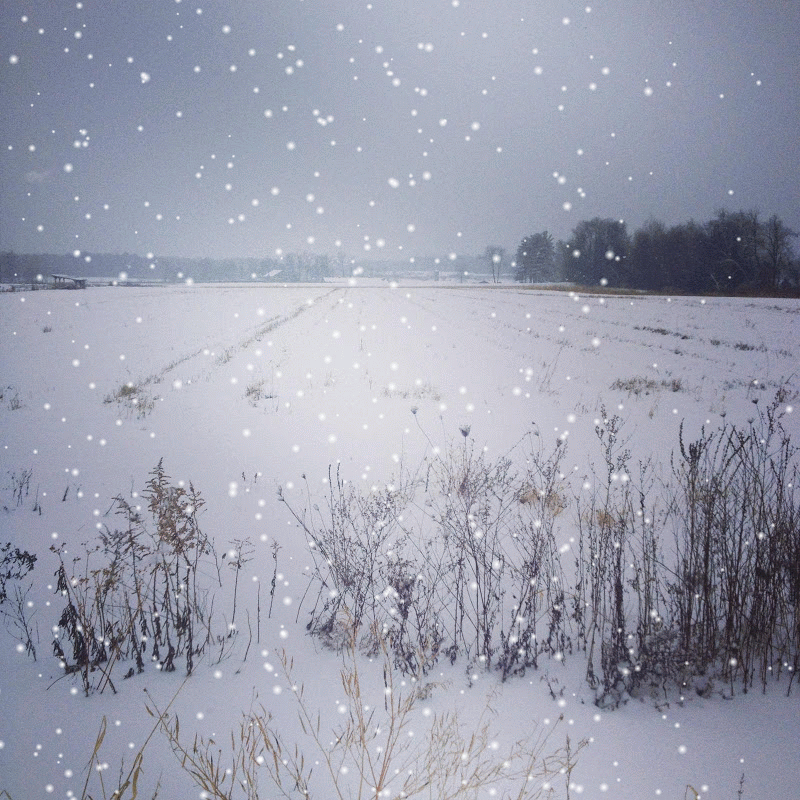Excessive Rain and Farming
Rain, rain, go away…..so the nursery rhyme goes. As goes our thoughts this rainy, wet
spring. While rain is important for all
kinds of things from our gardens and farms to ecosystems to hydro-electric
power to drinking water, there is such a thing as too much of a good
thing. Last year we were praying for
rain for crops as the drought pressed on and temperatures soared into the 90’s
in July and August. This year we are
praying the rain stops, at least for a while.
We began the month of June at a deficit of 2+ inches of rain, and now,
just a few weeks later we are at a surplus of over 3 inches.
Constant rain provides optimal conditions for fungal growth
on plants and crops this time of year and into the summer. In a previous article last year, we talked
about solanaceous diseases (tomatoes, potatoes, eggplant) such as blight and Septoria,
vine crop (cucumbers, squash, pumpkins, etc.) diseases such as downy and
powdery mildew, and cole crop (cauliflower, broccoli, brussel sprouts, kale)
diseases such as Alternaria and downy mildew.
For more info on these diseases, please visit our farm’s blog, http://gardenspotlight.blogspot.com/2011/08/solanaceous-diseseases.html.
Excessive rain also keeps farmers from getting into their
fields to weed, plant new crops and mow hay.
It also affects the number of degree days. Degree days are a measurement of the heating
and cooling of the earth. They are used
to determine when to plant crops. Sunshine
is necessary for proper plant growth and health. Plants rely on the sun’s energy to convert
carbon dioxide (carbon and oxygen) and water (hydrogen and oxygen) into
food. This process is known as
photosynthesis. A lack of sun delays
plant growth and flowering.
Excessive rain soaks the soil and when the soil stays wet
for too long of a period, plant roots starve for oxygen and eventually
rot. In the local corn fields, where
there are low spots, you can see corn plants that have yellowed due to the
excessive rain remaining in the soil for too long a period.
Too much rain also depletes the soil of nutrients and if you
notice a lack of flavor in your favorite in-season fruits and veggies, it’s
probably due to the excessive rainfall we’ve had as the plants are lacking the
essential nutrients for proper growth and development. Please see our page on soil fertility for a
more in-depth look at how nutrients and sunshine all work together here: http://gardenspotlight.blogspot.com/2011/04/soil-fertility.html
.
So the weather affects things in so many ways. It seems in farming lately we are dealing
with extremes as far as weather is concerned.
Some farmers would rather have more rain than a lack of; others would
rather have less rain in order to be able to irrigate and have more control
over the application of nutrients added to their crops. It looks like finally this week, we will have
more sunshine than rain. I hope it stays
that way. Here’s to a successful farming
and gardening season to you all! See you
at the farmers’ markets.




Comments
Post a Comment
Thank you for your comment! We appreciate them all and will publish your comment shortly. Thanks for visiting!